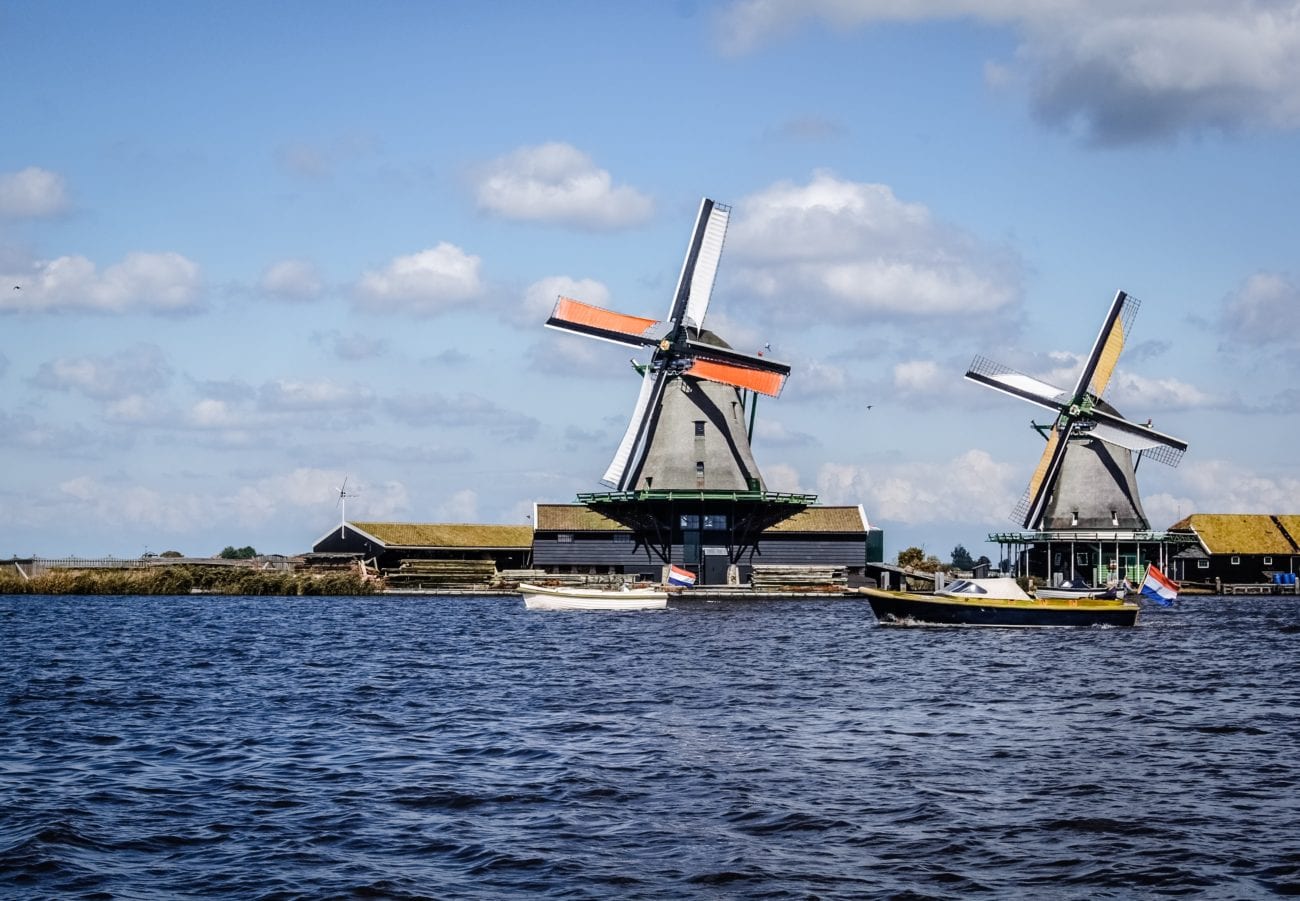Government pushes back Dutch market launch date

Dutch gambling regulator the Kansspelautoriteit (KSA) has announced that the Netherlands’ regulated online gaming market is now likely to open from 1 July, 2021 – six months after previously stated.
In a update to the Dutch parliament, Minister for Legal Protection Sander Dekker said that the legislation was now expected to be implemented on 1 January, 2021. From this point the KSA will be able to process licence applications, with the market to open six months later.
Originally, the Remote Gaming Act was due to come into force from 1 July, 2020, according to the KSA. Before it can be implemented, secondary regulations – that were published in June – must be passed, and licensing conditions, for which information was made available earlier this month, must be finalised.
Dekker also addressed two motions passed alongside the Remote Gaming Act in February this year. One, put forward by Labour Party Senator André Postema, looked to have the government inform the Dutch legislature of its criteria for having internet service providers block access to website.
The other asked the government to consider a ban on igaming advertising, and was adopted over another that looked to enforce a blanket ban from the outset.
With regards to the criteria for blocking access to a website, Dekker explained that the government explained there were two paths to do so. The first was a Civil Notice, in which internet service providers could voluntary report sites containing clearly illegal content such as child pornography, discriminatory material or violations of privacy and have it taken down.
The second, he said, was to have a site taken down because of a Penal Code violation. This, he noted, could only be used when the offence merited pre-trial detention.
“Both instruments can be applied to illegal gambling providers and the Gaming Authority will also do this where appropriate,” Dekker said.
However, he added, the application of each would be limited, with the KSA more likely to use powers granted to it under the Remote Gaming Act to enforce the law and stamp out unlicensed activity.
On the subject of a gambling ban, Dekker said that having commissioned two surveys on gambling advertising, he had concluded that allowing advertising was necessary in order to channel players to the legal market.
“The current gambling policy involves channeling [players to legal site] through attractive offers,” he explained. “This implies that the offer must be sufficiently suitable and attractive for the players to guide players to the legal, reliable and responsible supply.”
“The research conducted shows that channelisation requires some advertising.”
He said that players must be able to find the legal range of games of chance, and for online operators, advertising was just about the only way to get customers’ attention.
“For providers of online gambling, advertising is even more important than for providers of offline games of chance, such as traditional casinos,” Dekker continued. “Possible customers can encounter a casino in the street, even if they do not first see advertising.
“It appears that banning or seriously restricting gambling advertising is a serious negative can have effects on the degree of channeling.”
He said that the advertising policy put forward by the government struck an appropriate balance between protecting vulnerable people, and preventing underage participation.
“[I] see no reason to proceed with an advertising ban or to impose additional measures, [though] I will work with the Gaming Authority to closely monitor the developments concerning advertising immediately after the law comes into force.”
The KSA currently expects to award up to 90 licences when the market opens.
